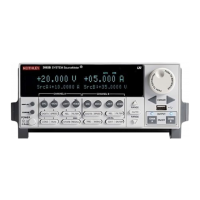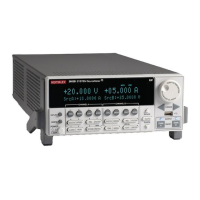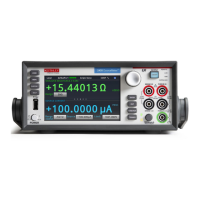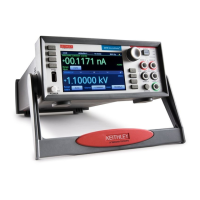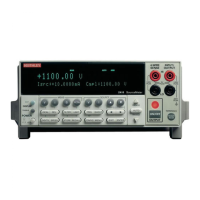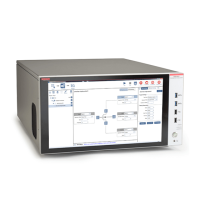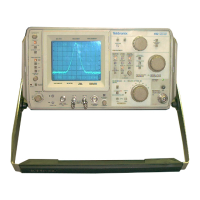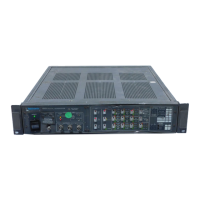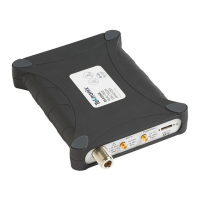Model 2601B-PULSE System SourceMeter Instrument Reference Manual Section 11: TSP command reference
2601B-PULSE-901-01A April 2020 11-37
bufferVar.timestamps
When enabled by the bufferVar.collecttimestamps attribute, this attribute contains the timestamp when
each reading saved in the specified reading buffer occurred.
Usage
timestamp = bufferVar.timestamps[N]
The complete timestamp (including date, time, and fractional seconds) of reading
number N in the specified reading buffer when the reading was acquired
The reading buffer; can be a dynamically allocated user-defined buffer or a dedicated
reading buffer
The reading number (1 to bufferVar.n)
Details
The bufferVar.timestamps information from a reading buffer is only available if the
bufferVar.collecttimestamps attribute is set to 1 (default setting). If it is set to 0, you cannot
access any time information from a reading buffer.
If enabled, this buffer recall attribute is like an array (a Lua table) that contains timestamps, in
seconds, of when each reading occurred. These are relative to the bufferVar.basetimestamp for
the buffer.
For dedicated reading buffers, all buffer attributes are saved to nonvolatile memory only when the
reading buffer is saved to nonvolatile memory.
Example
timestamp = smua.nvbuffer1.timestamps[1]
Get the timestamp of the first reading stored
in source-measure unit (SMU) A, buffer 1.
Also see
bufferVar.clear() (on page 11-21)
bufferVar.collecttimestamps (on page 11-24)
bufferVar.measurefunctions (on page 11-26)
bufferVar.measureranges (on page 11-27)
bufferVar.n (on page 11-28)
bufferVar.readings (on page 11-29)
bufferVar.sourcefunctions (on page 11-30)
bufferVar.sourceoutputstates (on page 11-31)
bufferVar.sourceranges (on page 11-32)
bufferVar.sourcevalues (on page 11-33)
bufferVar.statuses (on page 11-34)
Reading buffers (on page 5-1)
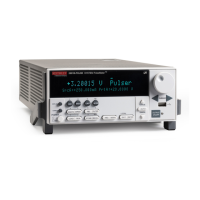
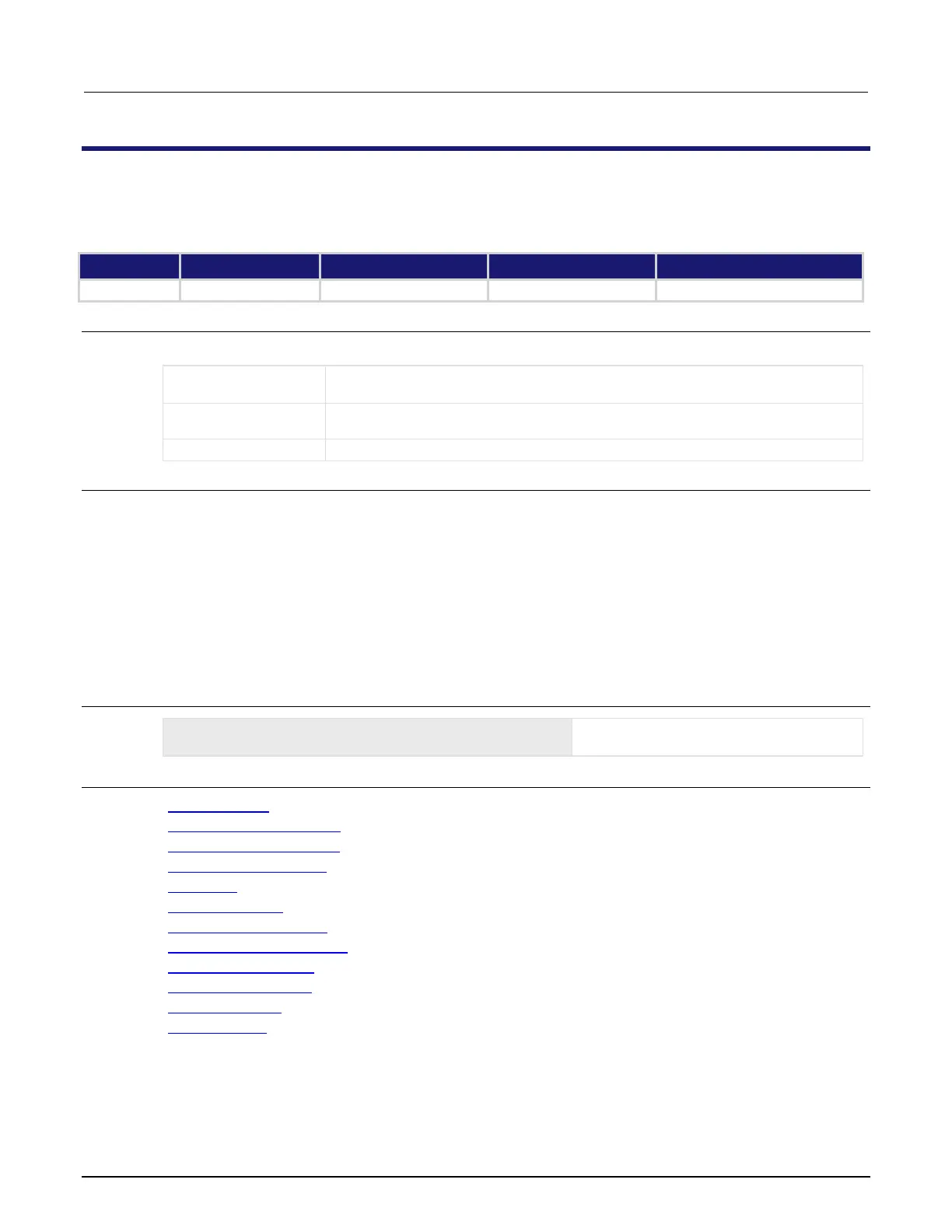